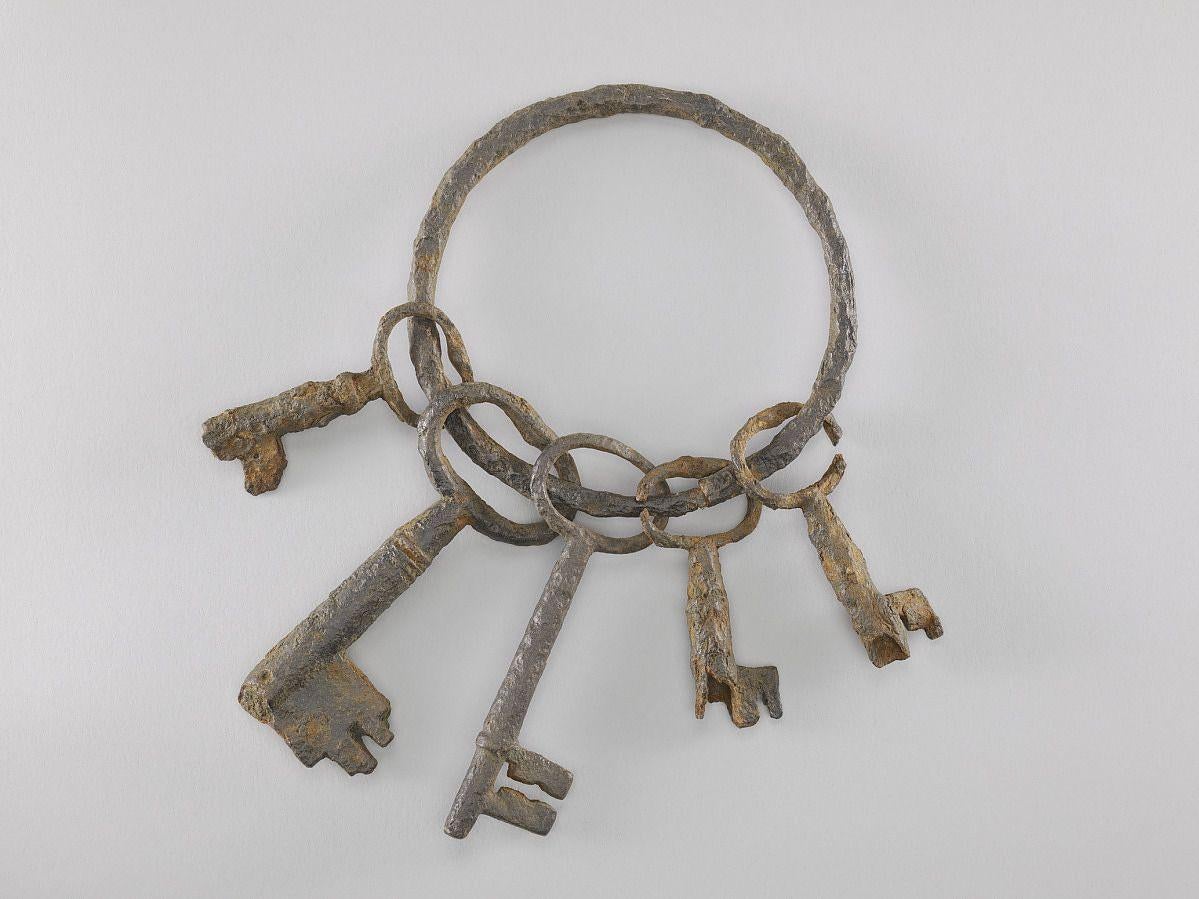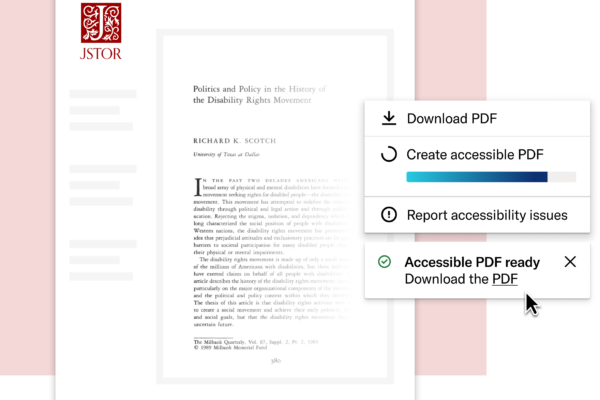
From the editor:
Poetry is the artful arrangement of words that captures emotions, experiences, and ideas through rhythmic language and vivid imagery. In Matthew Feeney’s work, this transcendence of ordinary communication emerges through masterful use of metaphors, symbolism, and precisely chosen words, creating layers of meaning that resonate on both intellectual and emotional levels. Whether experiencing this poem in its written form as submitted or through Ryan McCarthy’s evocative recording, Feeney’s ability to distill complex human experiences into powerful, concentrated expressions shines through.
As you explore this piece and the broader collection of his work, consider the profound question he poses: What does your life depend on?
JSTOR Access in Prison Second Chance Submission
About the author
Matthew Feeney (he/him) has had over 300 pieces published since 2017, all without using the internet due to his serving an indeterminate sentence in Minnesota. Notable periodical credits include Rattle, The Analog Sea Review, and The Evening Street Review and inclusion in the books “Upon Waking: 58 Voices Speak Out from the Shadows,” “Boundaries and Bridges,” and “A Prison Writer’s Guide to Media Writing.” Matthew has received several writing awards, including PEN America, and was nominated for a 2021 Pushcart Prize in Poetry by Gival Press. His poem “Always and Forever” was composed into performance choral music and an OBJECT America project featuring the poem “Phone Home” was exhibited in Paris, Berlin and Switzerland.
Humanity
As a white man, you know privilege.
As a gay man, you know pride
As a felon, you know prejudice
As a sex offender, you know hatred
As a human being, you know conflict
unconditional love
universal loathing
risking trust
fear of rejection
sorrow of separation
joy at redemption
gift of being chosen
peaceful nights
distrustful interactions
empathetic support
blessed touch
emotional dramas
racing thoughts
isolation and segregation
connection with others’ pain
being heard and understood
As a writer, you know words …
Write as if your life depends on it.
Listen to a reading of Humanity below:
Read Matthew’s work here:
The opinions and views expressed in these recordings, art, and posts are those of the authors and do not represent, reflect, or imply endorsement by ITHAKA.




